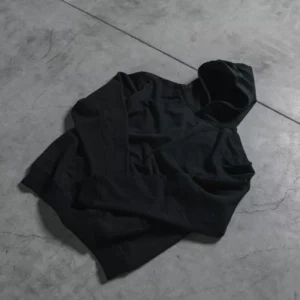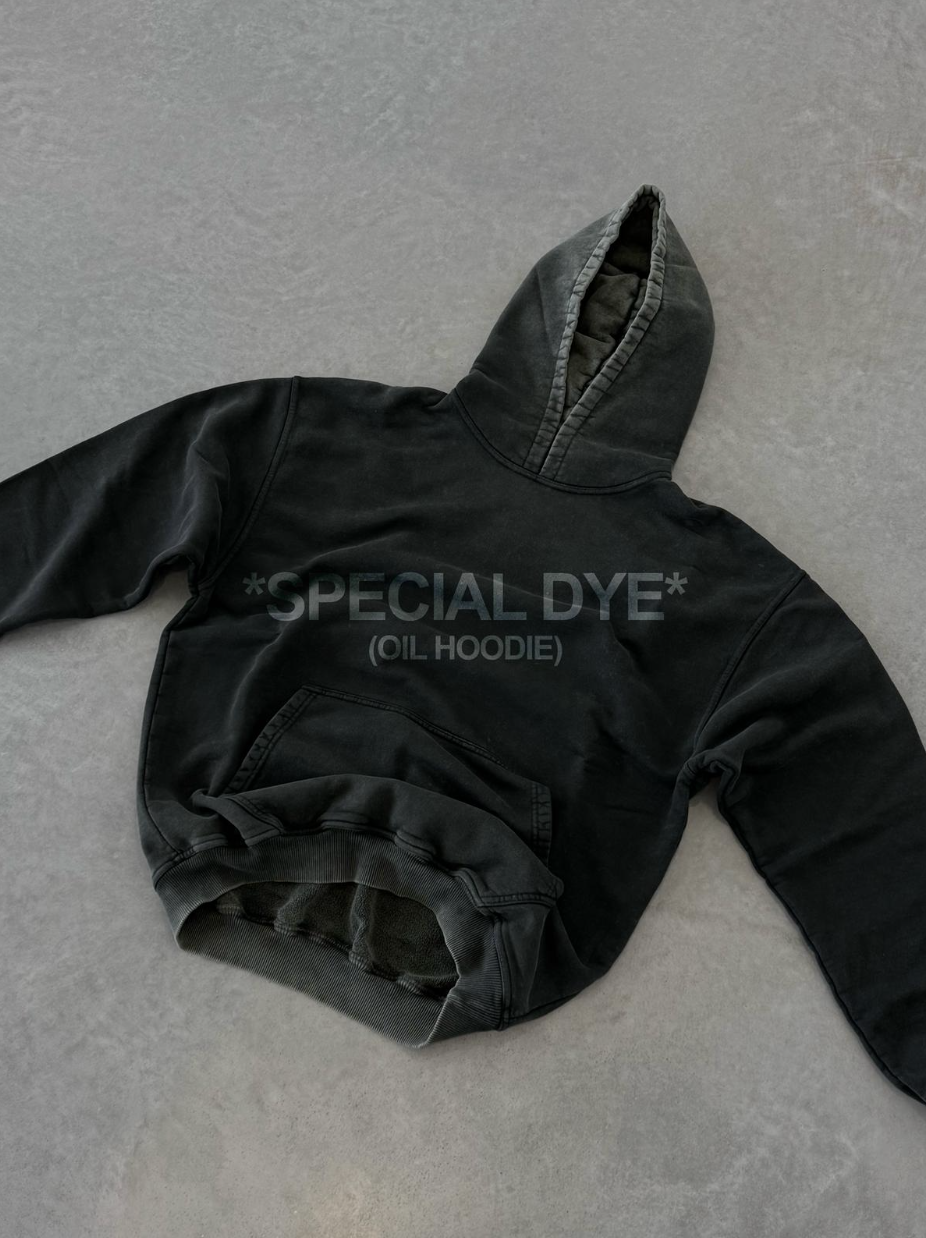
How to Choose the Right Clothing Supplier in Portugal?
How to Choose the Right Clothing Supplier in Portugal?


In global fashion manufacturing, the letters MOQ—minimum order quantity—once defined who could produce clothing and who could not.
For decades, factories required thousands of pieces per style, locking small brands and new designers out of premium manufacturing.
Then Portugal rewrote the rules.
From Braga to Barcelos, a new model emerged: low-MOQ, high-quality, sustainable production that allowed emerging labels to compete with global giants.
Today, this system—perfected by innovators such as ASBX Factory—is reshaping how fashion is made, financed, and scaled.
Minimum order quantity exists because traditional factories must cover setup costs—machine calibration, cutting layouts, dye batches, and labor scheduling.
In Asia, those setups favor large runs to minimize cost per piece.
Portugal took the opposite approach: it invested in automation, modular lines, and flexible planning so small runs remain efficient.
In Portuguese production, 50 to 100 pieces per style is no longer an exception—it’s the norm.
Global fashion shifted from mass prediction to real-time reaction.
E-commerce brands test collections monthly, creators drop limited runs, and retailers prefer micro-inventories.
Portugal’s factories—compact, fast, and family-run—were perfectly positioned for this new rhythm.
They combined European craftsmanship with startup-level agility, delivering finished goods in 4–6 weeks instead of months.
Modern Portuguese facilities use:
These tools eliminated downtime between orders and let multiple small clients share the same production line—each retaining luxury-grade quality.
Low MOQ transforms cash flow.
Instead of tying €50 000 in inventory, a brand can launch with €5 000, test the market, and reorder immediately.
Short runs reduce risk, free capital for marketing, and allow constant product evolution.
In the ASBX system, clients pre-pay partially online, receive digital tracking, and see samples within 10–15 days.
The result: luxury-level manufacturing without corporate bureaucracy.
Small batches are inherently cleaner.
They prevent over-production, reduce warehousing, and encourage on-demand dyeing rather than bulk chemical baths.
Because all operations occur within Portugal’s northern textile corridor, transport emissions stay minimal.
Many factories run on solar energy and maintain GOTS, OEKO-TEX, and GRS certifications.
Portugal proved that sustainability and profitability can coexist when production is right-sized.
ASBX Factory, based in Barcelos, turned low MOQ into a full digital ecosystem:
This hybrid model—part manufacturer, part software company—became the blueprint for modern European sourcing.
| Metric | Portugal | Turkey | China |
|---|---|---|---|
| Average MOQ | 50–100 pcs | 300–500 pcs | 1000 + pcs |
| Average Lead Time | 4–6 weeks | 8–10 weeks | 12–16 weeks |
| Sustainability Compliance | EU standards | Variable | Variable |
| Average Unit Quality | Premium | Mid-High | Mid |
Portugal’s networked production clusters, skilled labor, and EU logistics combined to outperform traditional mass-manufacturing centers in both speed and transparency.
Many Portuguese factories are multi-generation family enterprises.
Their survival depended on adaptation—taking small orders seriously, communicating fluently in English, and mastering digital workflows.
This culture of responsiveness turned the nation’s textile belt into a laboratory of innovation rather than a relic of past glory.
Artificial intelligence and predictive analytics will soon allow dynamic MOQs—where production lines adjust automatically to demand signals.
Portugal is already piloting systems that link retail sales data directly to sewing lines.
The concept of a fixed minimum will fade; in its place will be continuous, adaptive manufacturing.
When that future arrives, Portugal’s decade-long mastery of small-batch efficiency will make it the natural global hub.
Portugal changed the rules by proving that small can be powerful.
Through technology, discipline, and collaboration, its factories made low MOQ production not a niche but a new industrial standard.
For emerging brands, this means access.
For the planet, it means less waste.
For Europe, it means manufacturing is once again both local and luxurious.
ASBX Factory is based in Barcelos, Portugal, producing premium blanks and low-MOQ collections for over 500 international brands.
With vertically integrated sampling, sustainable fabrics, and four-week delivery cycles, ASBX represents the evolution of Portugal’s manufacturing economy.
Website: https://asbx.pt/

How to Choose the Right Clothing Supplier in Portugal?
Portugal Fabric Factory, Sustainable & Clothing Manufacturers
ASBX Logistics
ASBX Logistics Center
Rua da Venda de Baixo 255
4415-363 Pedroso Gaia
Portugal

ASBX Factory
ASBX Barcelos
R. Industrial 1741, 4750-841 Vila Frescainha, Barcelos, Portugal
© 2025 ASBX STORE, Store Operated by 16X ONLINE UNIPESSOAL LDA